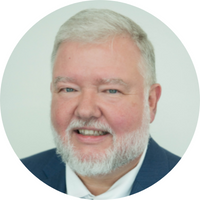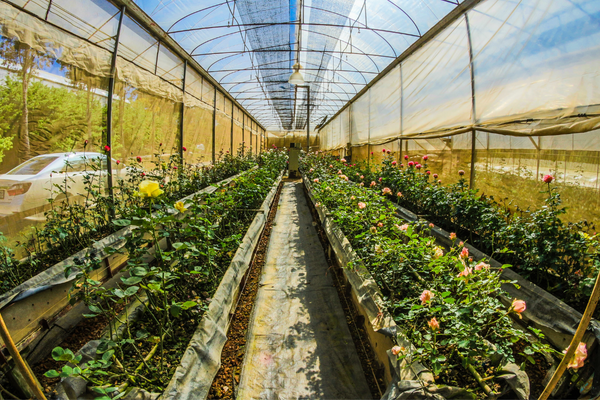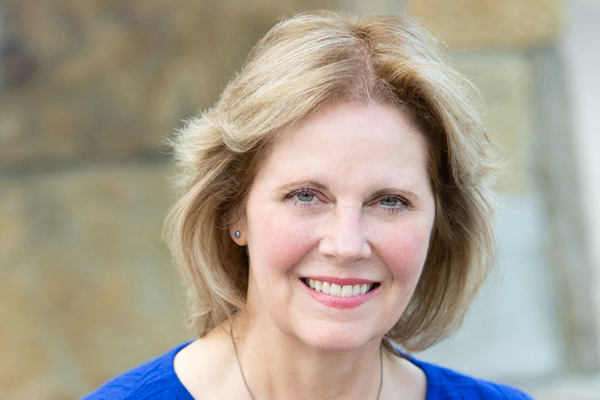
You are an only child, and more than that, an only grandchild. What was your childhood like?
Having been an only child and only grandchild on both sides of the family, my childhood was somewhat unique in that I definitely was "spoiled" with affection and privilege. At family gatherings, I was typically in conversation with the adults and sat at the adults’ table for dinner instead of the children's table in the kitchen. This was not the case for some of my cousins who would visit. They were more likely to climb a tree or make mud pies, while I was engaged in mainly listening to my elders as they discussed the issues of the day.
Even though I could sit with the adults, I was constantly reminded that my place as a child was to show "high" respect for elders. And I was taught: "Work Hard - Hard Work Pays Off,” -- if not in a monetary manner, then in character development.
At some point, you decided not to pursue a Ph.D. What went through your mind at the time? And how does the decision look to you in retrospect?
I had anticipated going to medical school at the time. I had taken the MCAT® Exam and done very well. But for a number of reasons, that didn’t come to be. Disheartened, I decided to pass on graduate school and entered the chemical industry workforce. I had to work extra hard and continue to study and attend technical lectures and on-hands training courses to continue building my skill sets. But I have never regretted my decision as it allowed me a wonderful, exciting career.
You can have a fine career and reach your potential without a Ph.D. That said, I always encourage undergraduates to consider all possibilities, and if they have the opportunity to get a graduate degree, they should go for it. The extra time spent in the graduate programs definitely gives you a faster start to your career. Without a Ph.D. some doors may be closed, especially in specific industries.
What did you learn from working with a number of companies with headquarters in various countries around the world?
Patience, self-evaluation and adaptation are three things that come to mind. The Swiss and German companies had a precise and well-defined set of standards and rules, but in the process, some innovation was lost. The French company took a more "laissez-faire" approach and supported "new ideas" and "out-of-the-box" thinking. Very innovative, though sometimes costs were exceeded. The Japanese company was extremely well organized and steeped in "tradition and respect". Maintaining "honor and loyalty" was highly encouraged.
The Indian company was highly organized and profit driven -- though all personnel were expected to be available 24 hours per day to achieve the goals. That drive was inspiring, though it greatly increased the risk of employee burn out.
Ultimately, I found we are not as different as we may think. Common ground is often easy to find, if only we look for it.
In 2015, you were named an ACS Fellow. What did that mean to you?
I was truly humbled and greatly honored by the award. I was shocked that anyone would have ever considered me for such an honor. Regarding the ACS Fellows volunteer service component, my family always told me that I should live a good life and give back something of value to my community during my lifetime. My grandfather told me that he learned something every day, and that by learning he kept growing and being productive. He lived to be over 100 years old. When I learned about the ACS Fellow Award, I thought of him.
How would you assess career opportunities for chemists in the agrochemical and food industries? If you were receiving your chemistry degree from Wake Forest in May 2019, would it be a field that would interest you?
Opportunities are made by the individual. The label of agrochemical and food chemist has continued to expand to include legal aspects, genetics, toxicology and a myriad of other interdisciplinary fields. It is estimated that the overall growth in agriculture-related fields for scientists will increase by seven percent over the next eight to ten years.
The world will always need a safe and abundant food supply. With the challenges of global climate change, population increase, environmental concerns and shrinking arable land there always will be a place for chemists to seek new and better ways to produce healthy agricultural resources in the most efficient and environmentally safe manner. Consequently, I would definitely choose the agricultural field today, as it is one of the most challenging and rewarding fields where you can make a positive difference for the world.
You have spent countless hours volunteering for ACS at many levels, including local section, division and committee. How did it help you advance in your career?
Volunteering in ACS has always been a privilege! The networking and people opportunities I have had over the years has been a blessing to me. The ability to learn from other's experiences has always provided a resource to me for everyday endeavors, both professionally and personally. I directly benefit when I engage with colleagues who possess diverse experiences and superior intellects.
While in high school, you received academic scholarship offers from North Carolina, Duke, and Wake Forest. You enrolled at Wake. Yet Carolina and Duke combined have won over 10 NCAA Division I Men’s Basketball championships, and Wake has none. Would you like a do-over in terms of where you went to school?
I salute my Carolina and Duke colleagues and recognize their skill in Men's Basketball. But let’s remember that Wake did make it to the Final Four in 1962, and has won the Atlantic Coast Conference tournament four (4) times: 1961, 1962, 1995 and 1996. But I’ll pass on the do-over.
I would return to Wake Forest because its motto is so embedded in me and my thoughts: Pro Humanitate (For Humanity). If we can keep this in the forefront of our minds, we will be better individuals and build a better society.

Rodney Bennett has spent the last 40 years in various industrial positions within agrochemical research. He continues to engage in the support of registration of crop protection products on a global basis, now heading his own company, Winding Trails, LLC. He is an ACS Fellow from the class of 2015.
This article has been edited for length and clarity. The opinions expressed in this article are the author's own and do not necessarily reflect the view of their employer or the American Chemical Society.
Copyright 2019 American Chemical Society (All Rights Reserved)







